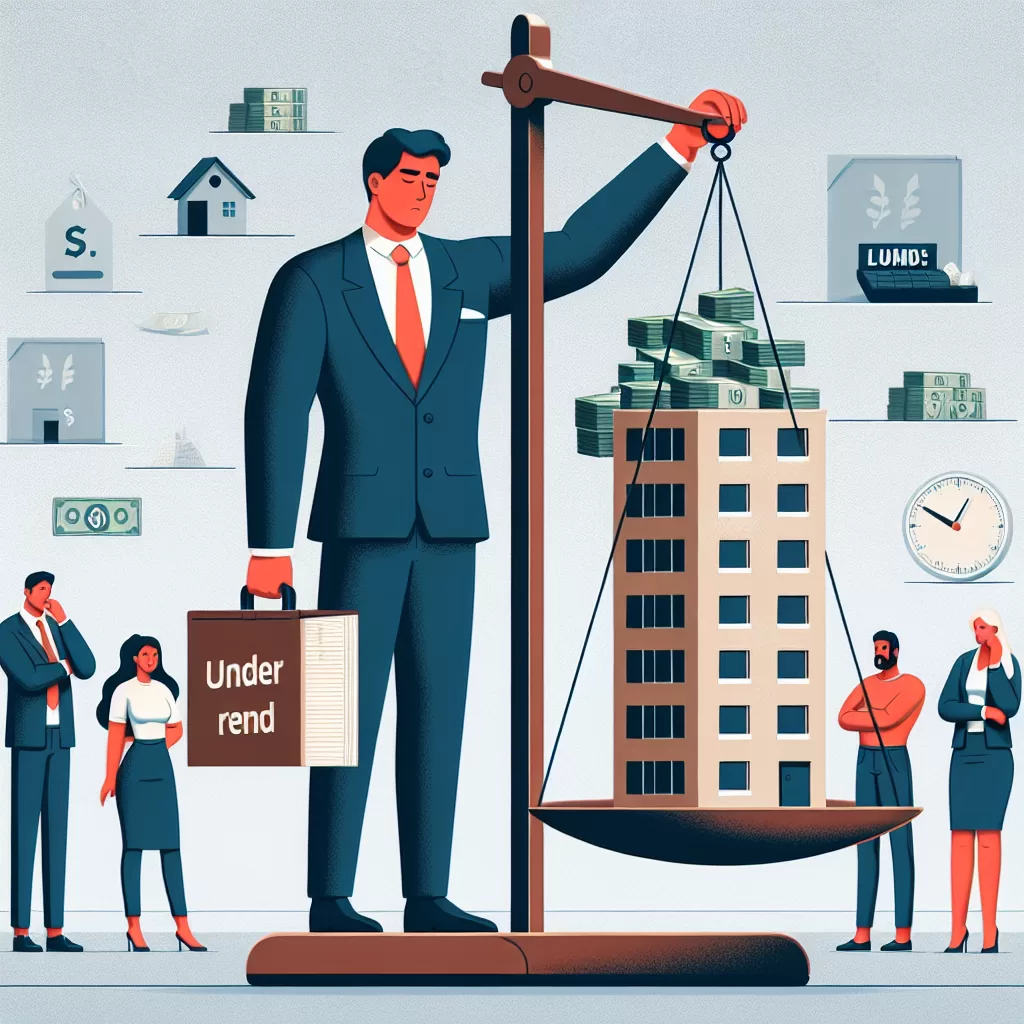Are You Leaving Money on the Table with Your Rental Property?
Estimated reading time: 5 minutes
- Landlords often charge rent well below market value.
- Underpricing rent can severely impact income and property valuation.
- Annual rent surveys are crucial for aligning with market trends.
- Understanding varied rent control laws is essential for landlords.
- Seek professional guidance to optimize rental strategies.
Table of Contents
- The Cost of Underpricing Rent
- Importance of Accurate Rent Surveys
- Distinct Rent Control Rules
- Actionable Insights for Landlords
- Conclusion
- FAQ
The Cost of Underpricing Rent
Real-life examples demonstrate this peril. Imagine a landlord charging $700 for a unit that could command $2,000. Such drastic underpricing can damage your financial health, leading to thousands of dollars in lost income each year. Moreover, rental income plays a significant role in property valuation. If your rent is significantly lower than market rates, your property’s appraised value will also take a hit, limiting your ability to leverage that value in the future.
Importance of Accurate Rent Surveys
One key recommendation is to conduct annual rent surveys. By analyzing comparable property rates in your area, you can ensure that your rental prices align with current market trends. This approach is especially critical in rent-controlled jurisdictions. For instance, under California’s statewide rent cap (AB 1482), annual increases are limited to 5% plus a local cost-of-living adjustment, with a maximum cap of 10%. Understanding these constraints is vital to not only comply with the law but also to maximize your income potential.
Distinct Rent Control Rules
It’s essential to be aware of the different rent control rules governing single-family homes versus multi-unit properties. Many single-family homes may be exempt from rent control; however, exemptions depend on various ownership structures and criteria. As local laws can often be stricter than state regulations— for example, in Los Angeles County where rent increases are capped at 3% per year— landlords must remain vigilant and adhere to these rules.
Actionable Insights for Landlords
Landlords can take the following steps to ensure they are not leaving money on the table:
- Conduct Annual Market Surveys: Evaluate comparable rental rates regularly to stay competitive.
- Understand Rent Control Laws: Familiarize yourself with both state and local regulations to ensure compliance and optimize rental income.
- Avoid Undercharging: Set initial rents closer to market rates to prevent being locked into low increases by rent control laws.
- Seek Professional Advice: Consult with property management firms and real estate agents to stay informed about local market dynamics.
Conclusion
In conclusion, landlords must act strategically to avoid the pitfalls of underpricing rent, particularly in competitive markets like California. By being proactive, conducting regular market surveys, and understanding the nuances of rent control laws, you can significantly enhance your rental income and property value.
If you’re a landlord, tenant, or investor seeking expert guidance on income properties, rental strategies, or property management, we’re here to help you navigate this complex landscape. Contact us today to schedule a consultation and explore tailored solutions for your real estate needs!
FAQ
Q: How often should I conduct rent surveys?
A: We recommend conducting rent surveys annually to keep up with market trends.
Q: What happens if I charge below market rent?
A: Charging below market rent can lead to significant income loss and may affect your property’s value.
Q: Are single-family homes exempt from rent control?
A: It depends on the specific ownership structure and location; you should verify local regulations.
“`



Comments are closed